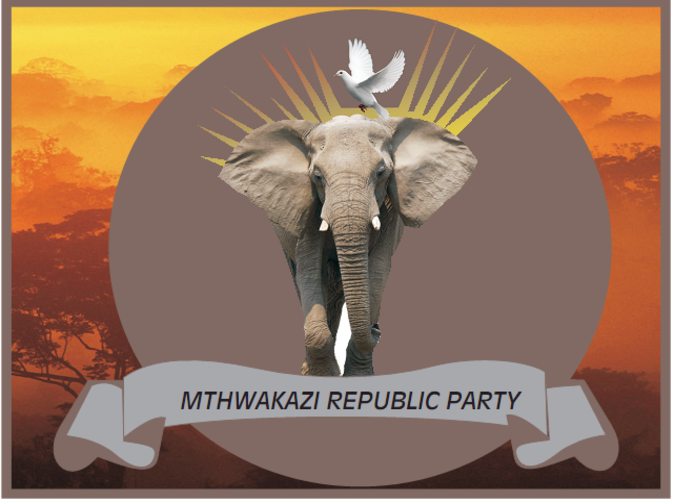Mthwakazi Republic Party (MRP) has threatened to camp outside the Bulawayo High Court, protesting the transfer of the jailed nine members from Khami Maximum Prison to Chikurubi Maximum Prison in Harare.
During this week, the Zimbabwe Prisons and Correctional Services (ZPCS) transferred the nine MRP activists from Khami to the notorious Chikurubi and Gwanda prisons.
The nine activists were convicted of public violence in June this year after they stormed Bulawayo Central Police station last year protesting what they termed was a botched abduction of party leader Mqondisi Moyo by state security agents.
Seven members of the party are serving 33 months each in prison while the other two were jailed for 36 months each after their conviction.
Addressing journalists at the Bulawayo Media Centre Thursday, MRP’s Youth League Chairperson, Mudenda Chilumbo, said the transfer of their members was a tool used by the State to dismember people in Matabeleland.
“MRP wishes to put it with clarity, authority and conviction that the systematic and political mechanisms of Emmerson Mnangagwa of taking political prisoners from Matabeleland to Harare to kill them is unbecoming, barbaric and unheard off and shall be resisted with equal measure,” he said.
Chilumbo likened the incarceration of the MRP nine members to that of former ZIPRA commander, Lookout Masuku, who died in detention.
“History serves as a purpose in informing the present of the past in order to avert a distorted future. It is within the context of the Mthwakazi History that our liberation icon, commander, Lookout Masuku was taken to Chikurubi Maximum Prison, where he lived a torturous life, which led to his death through politically trumped-up charges,” he said.
“Charges that were dismissed by the then High Court of Zimbabwe. The regime denounced the court ruling labelling Lookout Masuku as a terrorist together with Dumiso Dabengwa whom they later released in fulfilling their divide and rule clout.”
The youth leader, who was accompanied by MRP’s National Organising Secretary, Parton Xaba, said they were giving the government a four-day ultimatum to return back their members from Harare.
“It is not yet too late for the regime to heed to our demand and warn their leader Emmerson Mnangagwa that we can never be a paragon of political correctness every time. When he burnt a train during colonial rule, he was fighting oppression which we are also fighting against his rule. If he failed to bring back Lookout Masuku alive, how is he going to do it to our MRP nine,” Chilumbo demanded.
“From today (Thursday), Mnangagwa and his cronies must provide credible and constitutional justice to our members without failure. If they are not prepared to concede to our demands, as MRP family we are prepared to die for our independence, freedom and justice and from day one, we will gather at Bulawayo High Court, day in, day out demanding the release of our innocent members,” Chilumbo demanded.

